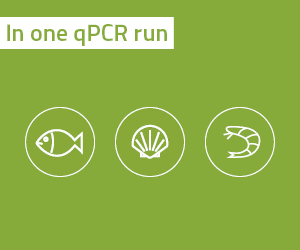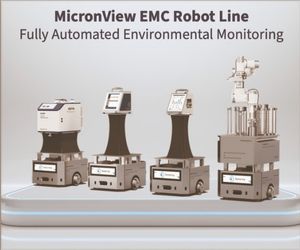New Targets Added to...
16th December 2014 Content supplied by: Vela Diagnostics
Staph Identification/Resistance Molecular Diagnostic Test in Clinical Trials
Great Basin Scientific, Inc. has initiated a clinical trial for its sample-to-result Staph ID/R (identification/resistance) diagnostic test. This is the second clinical trial the Company has initiated since July 2014 and, upon submission and if granted 510(k) clearance by the U.S. Food and Drug Administration (FDA), Staph ID/R will be Great Basin’s third molecular diagnostic assay. In November of this year, the Company submitted its Group B Strep assay to FDA for 510(k) clearance. In 2012 the Company launched its FDA-cleared Toxigenic C. diff assay.
Further, the Company announced that it has added two additional tests, a fungal panel and a test for Shiga toxin-producing E. coli (STEC) infections, to its clinical trial roadmap for 2015.
"Great Basin continues to make effective use of the funds raised in our recent IPO, which have allowed us to initiate the clinical trial for Staph ID/R several months ahead of schedule,” said Ryan Ashton, co-founder and Chief Executive Officer of Great Basin. “Further, better-thanexpected progress in R&D has expedited our ability to move products into clinical trials sooner than anticipated. Great Basin’s technology uniquely allows us to provide both low-cost, low-plex tests and high-value, multi-plex panels, a real competitive advantage. Staph ID/R will be the first of many multi-plex panels we intend to bring to market which, we believe, offer significant cost advantages and ease-of-implementation and will provide improved patient care for the small-to-medium hospitals we serve.”
Compared to competitive molecular assays for blood-borne staph infections, the Great Basin Staph ID/R assay will offer speciation of several clinically critical staphylococcus species. Speciation of individual species allows clinicians to accurately and promptly distinguish environmental contaminants (which comprise 20-30% of total positive blood cultures) from truly infectious pathogens, further directing appropriate treatment and reducing unnecessary treatment costs. The Company believes this important information will provide a significant benefit in therapeutic decision-making for the administration of effective treatments.
Further, the sample-to-result assay will require less than two minutes hands-on time and will provide a result in less than two hours, supporting timely diagnosis, which can reduce mortality rates, the duration of hospital stays and overall costs due to sepsis.
Tags:
Date Published: 16th December 2014
Source article link: View
New Targets Added to Gastrointestinal





